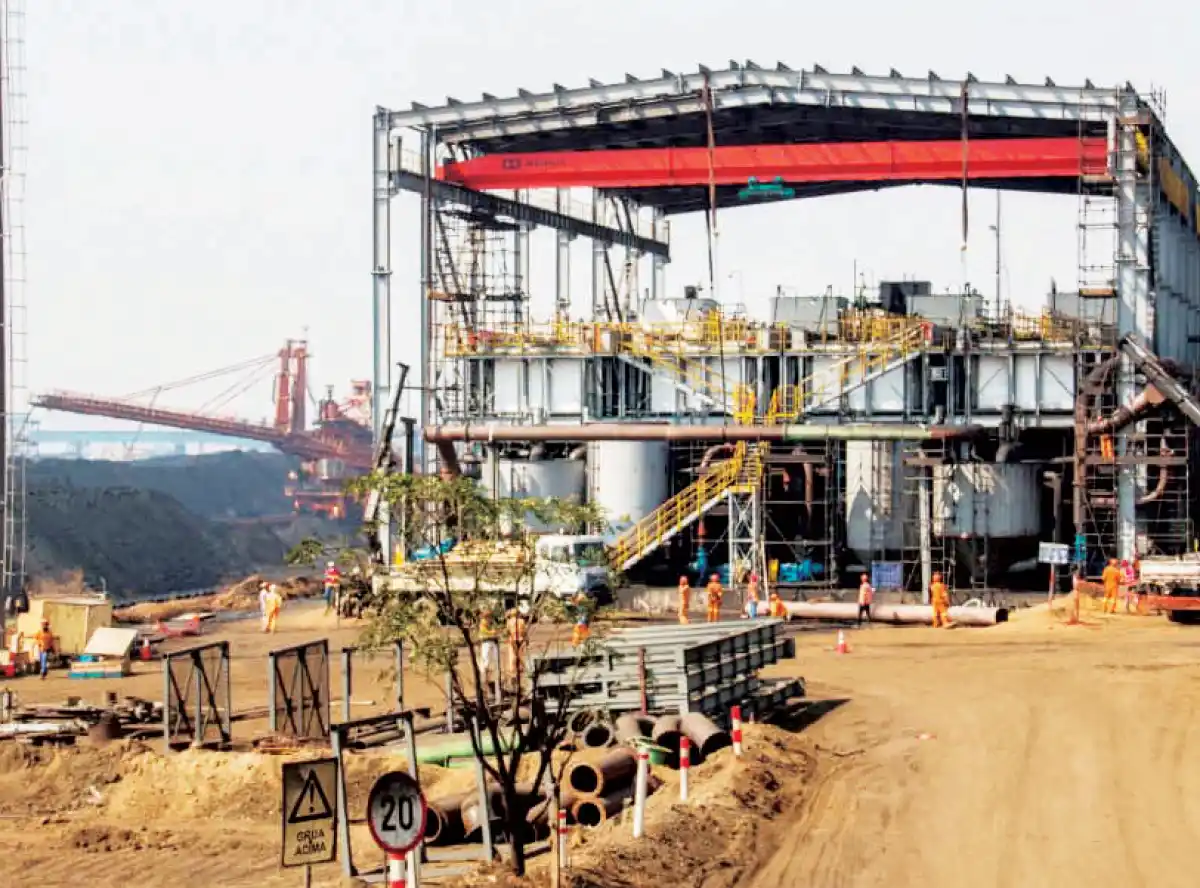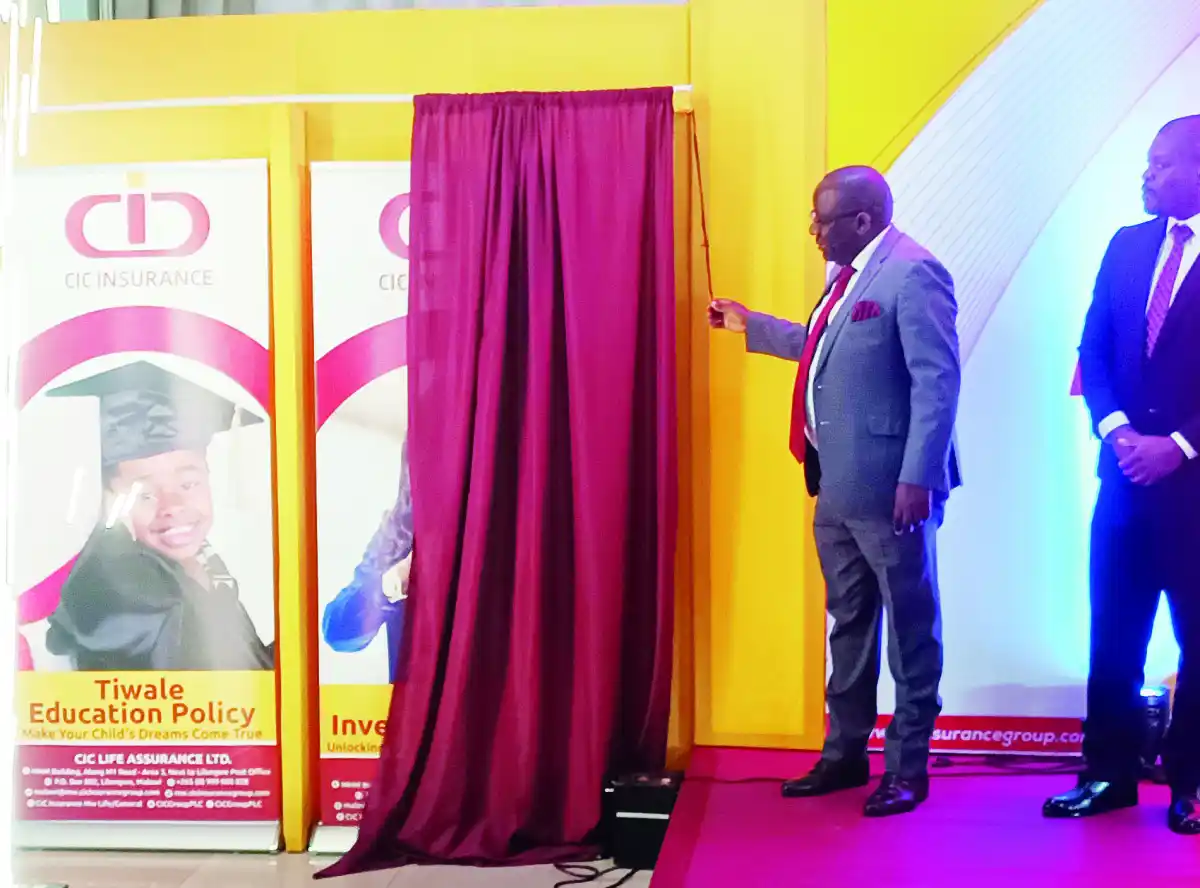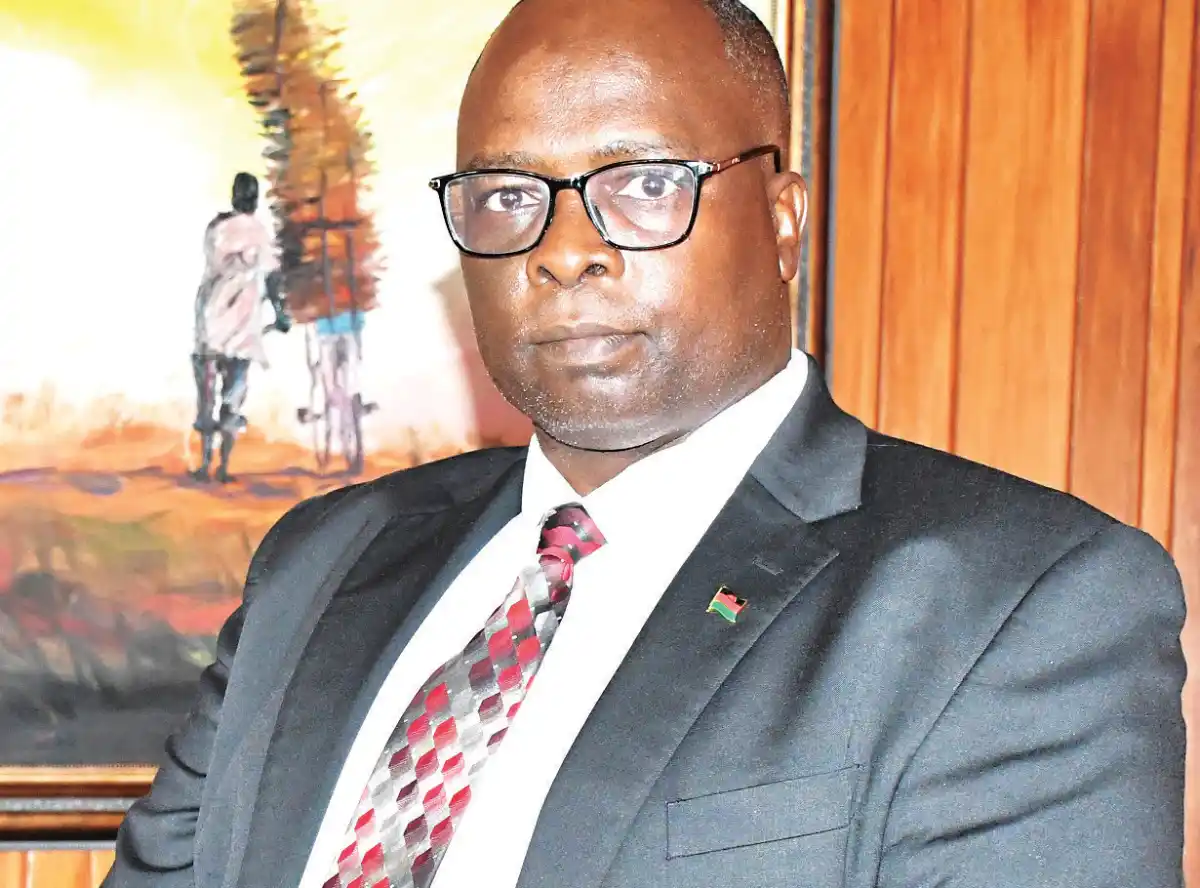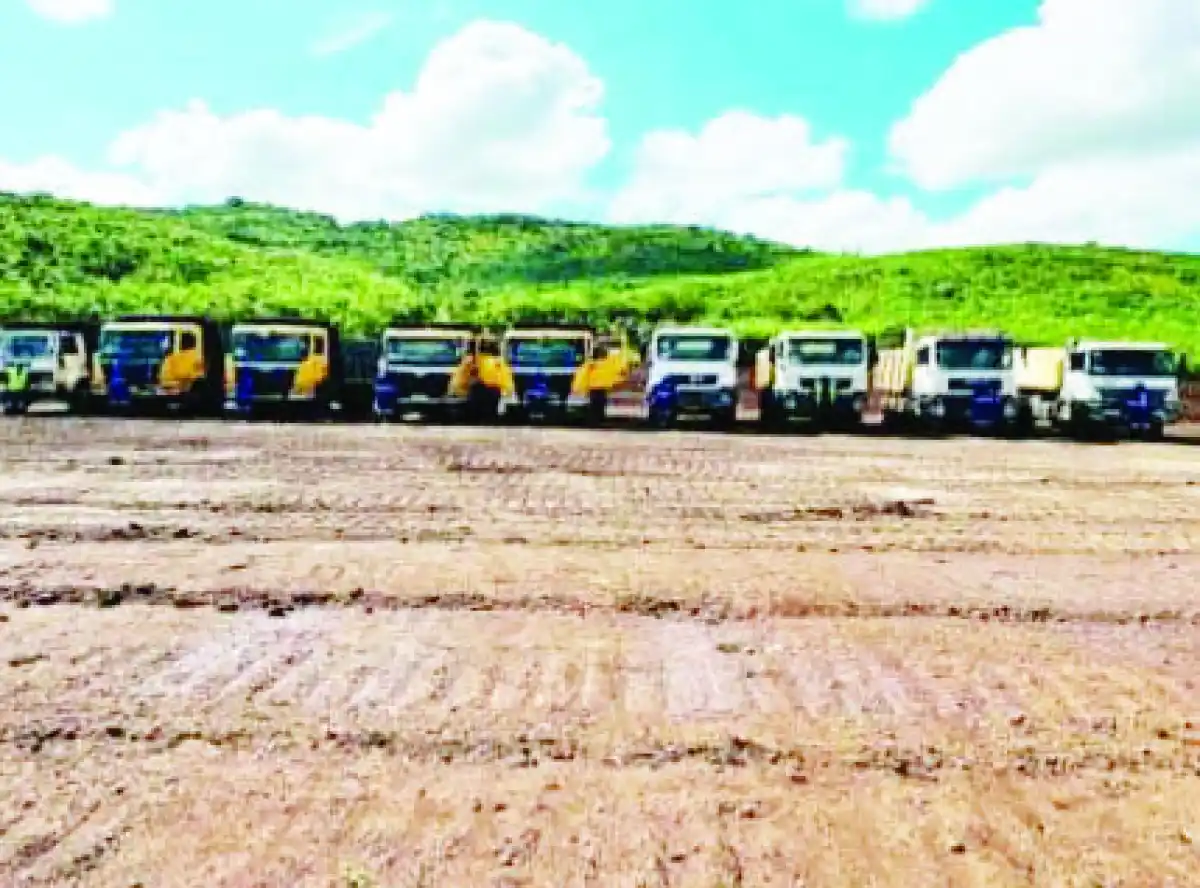
By Donasius Pathera, PhD:
Illegal mining has become a significant issue across Africa, leading to substantial revenue losses for several countries, including Malawi.
The extraction of mineral resources without proper regulation and oversight not only depletes the continent’s rich natural resources but also undermines the economic potential of African nations.
According to the report, the scale of illegal mining in Africa is alarming, with countries losing billions of dollars annually. This revenue loss stems from uncollected taxes, unreported sales, and the illicit flow of minerals across borders, often facilitated by corrupt practices and weak governance structures.
In countries like Malawi, the impact of illegal mining is particularly detrimental. The country is rich in mineral resources such as uranium, coal, and rare earth elements, which, if properly managed, could significantly contribute to its economic development.
However, due to the prevalence of illegal mining activities, Malawi is missing out on valuable revenue that could be invested in critical areas such as infrastructure, healthcare, and education.
The report highlights that the lack of enforcement of mining laws and regulations, coupled with inadequate monitoring and reporting systems, has exacerbated the situation, making it difficult for the government to capture the full economic benefits of its mineral wealth.
Corruption has a deeply corrosive effect on Africa’s mining industry, hindering its potential for growth and sustainable development. At its core, corruption distorts the allocation of resources, often diverting funds meant for public goods and infrastructure towards private gains.
This misallocation not only impoverishes local communities but also erodes trust in public institutions, creating an environment where illegal activities thrive.
In many African countries, mining operations are plagued by corrupt practices that manifest in various forms, from the awarding of mining contracts to the distribution of royalties.
Bribes and kickbacks become the norm, leading to the issuance of mining licenses without proper oversight or due diligence. This lack of transparency allows unqualified companies to exploit mineral resources, often without regard for environmental regulations or the welfare of local populations.
The result is the degradation of land, water, and air, coupled with the displacement of communities, all of which contribute to long-term economic and social costs that far outweigh the short-term financial gains.
Furthermore, corruption in the mining sector undermines the rule of law, as officials who are supposed to enforce regulations are often compromised. This creates a vicious cycle where illegal mining activities are overlooked or even encouraged, exacerbating environmental degradation and depriving governments of much- needed revenue.
In many cases, the proceeds from mining do not reach the public treasury, but instead line the pockets of corrupt officials and their cronies, leaving the broader population to bear the brunt of the industry’s negative impacts.
Corruption also stifles foreign investment, as international companies are wary of entering markets where the rule of law is weak and where they may be forced to engage in unethical practices to operate. This reluctance to invest further deprives African countries of the capital and technology needed to develop their mining sectors sustainably.
Corruption is an ailment eating away at the potential benefits of the mining industry in Africa. It diverts resources, perpetuates inequality, and erodes the foundations of good governance, leaving a trail of economic, social, and environmental damage in its wake.
To unlock the true potential of Africa’s mineral wealth, it is imperative to combat corruption at all levels, ensuring that the benefits of mining are equitably shared and that the industry operates within a framework of transparency and accountability.
Several African countries have made significant strides in implementing effective mining policies, serving as examples of how the industry can be managed to benefit both the economy and local communities. Botswana is often highlighted as a success story in this regard.
The country has built a robust regulatory framework that prioritizes transparency and good governance in its mining sector, particularly in diamond mining. B o t s w a n a ’ s government has established strong institutions that ensure the equitable distribution of mining revenues, with substantial investments made in education, healthcare, and infrastructure.
This approach has not only propelled Botswana to become one of the wealthiest countries in Africa but has also fostered social stability and long-term economic growth.
Another example is Ghana, which has developed a comprehensive legal and regulatory framework to govern its mining industry, particularly in gold mining. Ghana’s policies emphasize environmental sustainability, community involvement, and the enforcement of mining laws.
The government has also made efforts to formalize small-scale mining operations, reducing illegal mining activities and ensuring that the benefits of mining reach the broader population.
To address these challenges there is a need to implement robust mining policies that emphasise transparency, accountability, and community involvement.
One key recommendation is the strengthening of legal frameworks to ensure that all mining activities are conducted within the bounds of the law. This includes tightening regulations on licensing, improving the capacity of government agencies to monitor mining operations, and imposing strict penalties on those found engaging in illegal activities.
Additionally, the report advocates for greater collaboration between governments, the private sector, and local communities to ensure that mining activities are sustainable and that the benefits are equitably shared.
For Malawi to fully benefit from its mineral resources, it is crucial that the government adopts a multi-faceted approach. This could involve revising existing mining laws to close loopholes that allow illegal activities to flourish, investing in modern technologies for better monitoring and reporting of mining operations, and fostering partnerships with international organizations to enhance capacity-building efforts. Furthermore, the report emphasizes the importance of community engagement in the mining process. By involving local communities in decision-making and ensuring that they receive a fair share of the benefits, the government can reduce the allure of illegal mining and promote legal, regulated mining practices.
While illegal mining poses a significant threat to the economic development of African countries, there are clear policy measures that can be taken to mitigate its impact.
For Malawi, the path forward lies in strengthening its mining policies, enhancing enforcement mechanisms, and fostering collaboration between all stakeholders involved. By doing so, the country can unlock the full potential of its mineral resources and ensure that the benefits are used to drive sustainable development and improve the lives of its citizens.








0 Comments